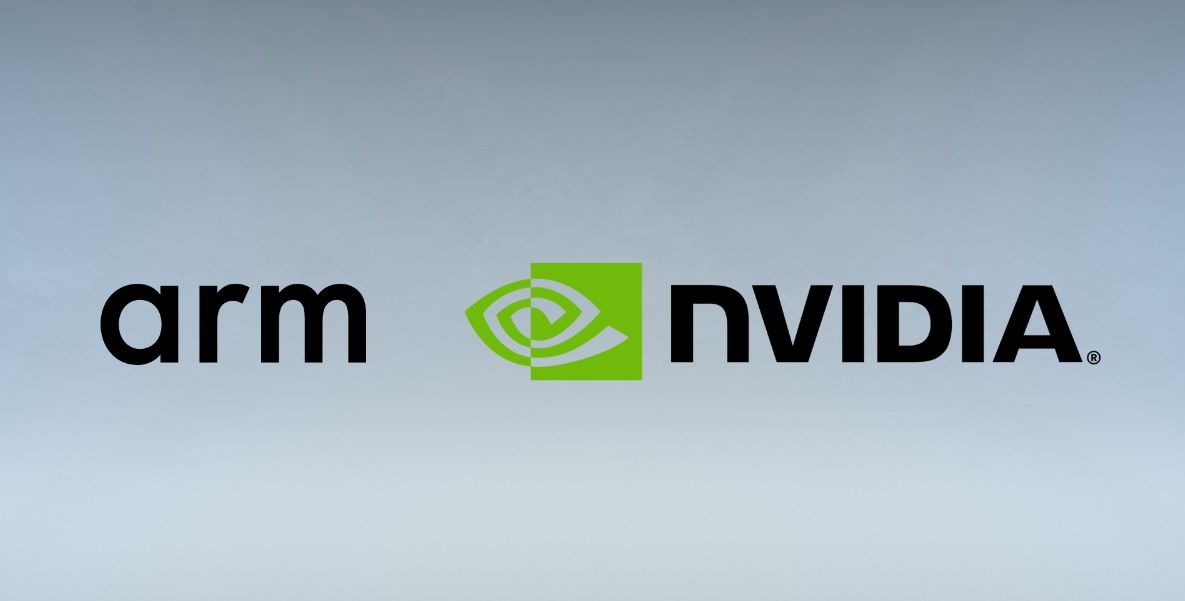Affiliate links on Android Authority may earn us a commission. Learn more.
NVIDIA to buy Arm for $40 billion from SoftBank

- NVIDIA has confirmed it will be acquiring the processor architecture company Arm from SoftBank.
- The deal is valued at $40 billion and will be paid for via a mix of cash and NVIDIA stock.
- The deal is expected to close sometime in 18 months, or around early 2022.
As previously rumored, NVIDIA has confirmed it will be buying the processor architecture company Arm. The graphics chip maker says it will purchase Arm Holdings from its current owner SoftBank for a total of $40 billion.
In order for NVIDIA to buy Arm, the deal will be made via a mix of cash and stock options. It includes using $21.5 billion in NVIDIA common stock and $12 billion in cash, which includes $2 billion payable at signing. The company will also pay out $1.5 billion in equity to Arm employees. SoftBank could also receive up to $5 billion in cash or NVIDIA stock under an earn-out deal.
The purchase is expected to close in about 18 months, or sometime in early 2022. It is subject to regulatory approval in the U.S., the U.K., China, and the European Union.
Jensen Huang, the founder and CEO of NVIDIA, stated in a press release that the deal with Arm will “advance computing from the cloud, smartphones, PCs, self-driving cars and robotics, to edge IoT, and expand AI computing to every corner of the globe.”
Read more: Arm vs x86: Instruction sets, architecture and all key differences explained
Arm’s main offices will continue to headquartered in Cambridge Audio, U.K. However, NVIDIA says it plans to expand the offices so it can become a “world-class AI research facility”. It also plans to build an AI supercomputer using Arm designs.
This move will likely be highly reviewed by regulators. NVIDIA will be able to control the basic design of processors that are used by huge companies. Arm designs are used as the basis for processors that are made for nearly all smartphones and tablets. That includes chips made by Apple, Qualcomm, and many, many others. Some regulators might find anti-trust conflicts within this deal.